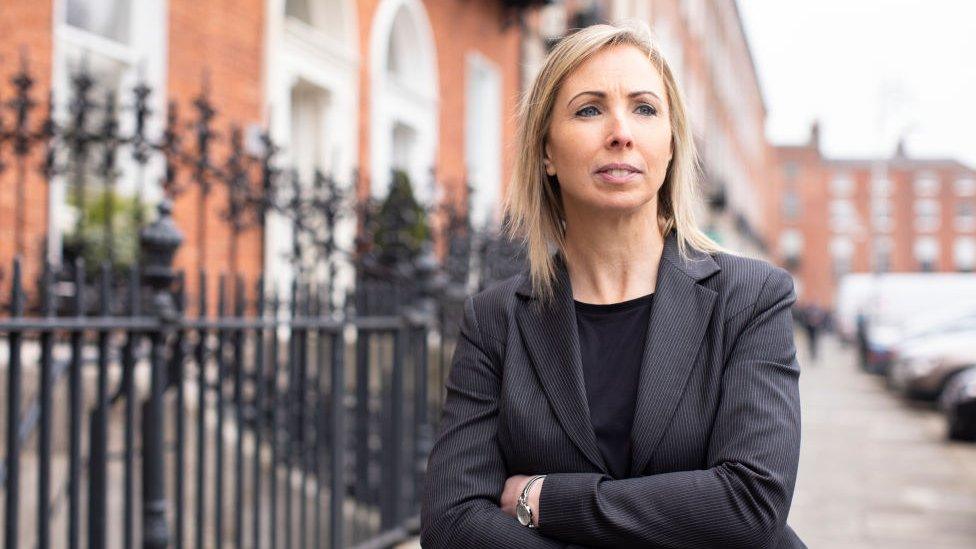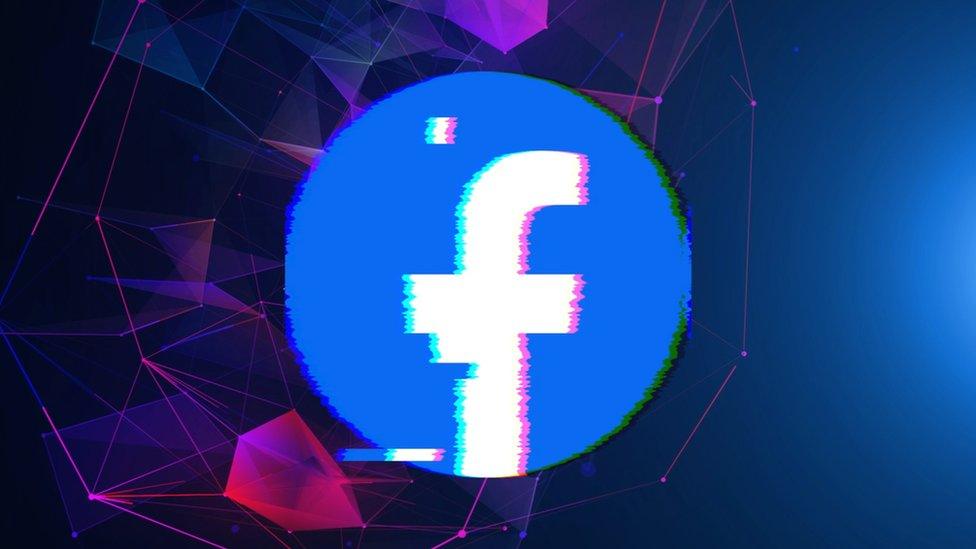Tech Tent - Ireland’s data supremo
- Published

She's the data tsar most feared by the US tech giants - and on this week's Tech Tent, Helen Dixon tells us she is prepared to exercise her considerable powers.

Stream or download, external the latest Tech Tent podcast
Listen live every Friday at 14:00 GMT on the BBC World Service
Ireland is a small country so you might think its data protection commissioner could be safely ignored by giant Californian corporations - after all Facebook's annual revenues now amount to almost as much as the Irish government spends each year.
But Ireland matters to the tech firms because it's where many base their international operations, partly because of a favourable tax regime. That in turn means that Ireland's data regulator takes the lead in watching over how they comply with Europe's tough new data law - the General Data Protection Regulation.
Under the GDPR, firms could face fines of up to 4% of their annual global turnover if they play fast and loose with customer data. When I met Helen Dixon at the regulator's modest offices in a Georgian Dublin townhouse, she was keen to stress that just because no such draconian fines had been handed out yet, that did not mean she was asleep on the job.
She wanted to make sure any case was watertight before making a decision which could put the credibility of the new regime at stake: "If we rush to judgement on something we will simply lose once it's appealed to court if we haven't followed the procedures that are necessary."
But it is clear that one major company is the focus of much of the regulator's work. Facebook, whose shiny Dublin offices housing hundreds of employees are just a couple of miles away, is the subject of 11 of the Data Protection Commission's 21 major investigations.
A number of the complaints originate from two major European privacy campaigns, one led by the long-term Facebook critic Max Schrems.
Helen Dixon says one major scandal has changed the way the public think about their data rights: "I think Cambridge Analytica was definitely a big wake-up call. And then with the GDPR coming after that, people really began to tune into data protection and their rights and what is happening with their data."

Facebook is being investigated over the way it treats user data
The other regulator feared by the tech giants is, of course, Europe's Competition Commissioner Margarethe Vestager, who has been taking on the likes of Google, Apple and Facebook, sparking protests from the Trump administration.
Helen Dixon says there is an overlap between the work of the data and the competition regulators. She points at Facebook's takeover of WhatsApp in 2014 and makes it clear she thinks the European Commission should have looked harder at making conditions about the sharing of data between the two businesses before approving the deal.
"You cannot on the one hand approve something without any conditions attached and then act surprised when the two companies seek to share data with one another."
She promises that fines will come and new precedents for how tech companies behave with our data will be set as she punishes those who offend against the GDPR. But she cautions that there are no easy answers, nobody has found a middle way between a free service that tracks "every centimetre of our lives" and paying a subscription so that we are not tracked.
"I don't think anyone will thank us if we simply say, 'Well, let's shut all of that down,' when there's no alternative on the horizon. So we're on the job, I think we know what we're doing."
Also on the podcast this week:
In a programme that comes live from Kilkenny where the Kilkenomics festival of economics and comedy is under way, we also look at the wider Irish tech scene, asking whether the presence of tech giants like Facebook helps or hinders home-grown start-ups.
And we talk to Jamie Bartlett, the man behind the hit podcast The Missing Cryptoqueen, about the reputational issues facing crypto-currencies.
Stream or download, external the latest Tech Tent podcast
Listen live every Friday at 14:00 GMT on the BBC World Service
- Published3 October 2019

